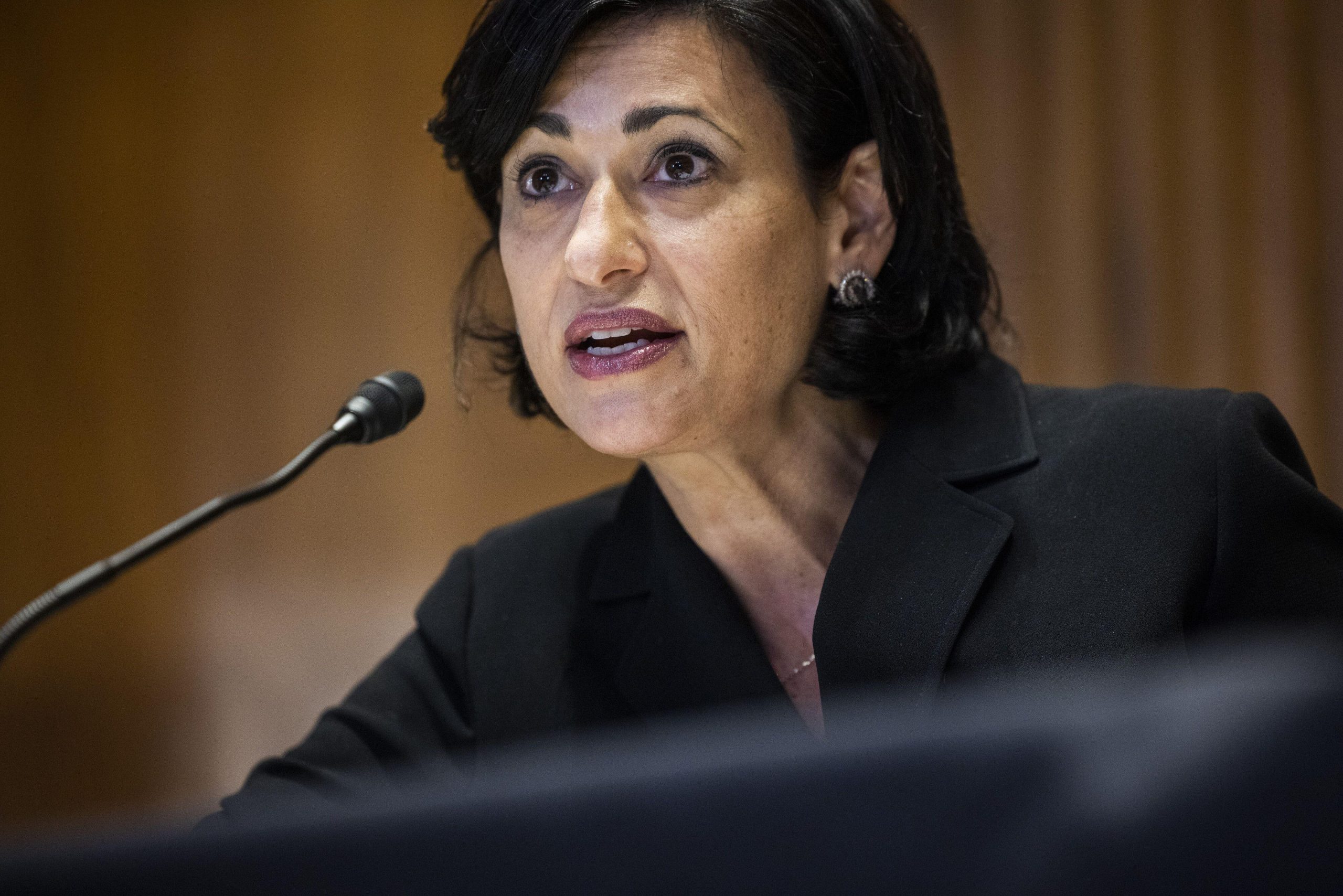
Willie R. Tubbs, FISM News
[elfsight_social_share_buttons id=”1″]
Rochelle Walensky, the director of the Centers for Disease Control, says the agency under her supervision failed spectacularly during COVID-19, but conservatives may be surprised by what that admission means.
“For 75 years, CDC and public health have been preparing for COVID-19, and in our big moment, our performance did not reliably meet expectations,” Walensky told CDC staff in a meeting that has been widely reported but the nature of which was first described by the Washington Post. “My goal is a new, public health action-oriented culture at CDC that emphasizes accountability, collaboration, communication, and timeliness.”
What Walensky is alluding to is the creation of a more assertive CDC, one that sets the tone of a pandemic response rather than one that, as some observed, moved slowly and at the behest of political leaders. The director also stressed accountability, collaboration, communication, and being “action-oriented.”
“I want us all to do better and it starts with CDC leading the way,” Walensky said.
Just what Walensky means by leading the way is open to interpretation. Thus far the director has only given broad direction to what the overhaul of the department will mean. She said that her plans include shifting staff around to better meet future needs, revamping its website to be more user-friendly, and issuing points of action more quickly.
An optimist might view the statement as a precursor to a depoliticized CDC that streamlines its messaging in order to provide concise, consistent, and authoritative guidance and that also speeds the process by which the material goods a nation needs in order to respond to a health crisis are developed and distributed. Even before its guidance became the source of public consternation, the CDC was panned for failing to more efficiently develop a widely available COVID test.
A pessimist, on the other hand, might feel that Walensky’s announcement means she has plans to push for more power for the CDC, which would result in similar mandates and restrictions in the face of future widespread illnesses.
Sen. Rand Paul (R-Ky) who has widely criticized the government’s response to COVID-19 said that the agency should be limited in its ability to issue mandates moving forward.
“It’s not that they acted too sparingly,” Paul said on Fox News Thursday morning. “The problem is they acted too quickly and not based on science.”
Kentucky Sen. @RandPaul on the CDC's latest shakeup:
"It's not that they acted too sparingly. The problem is they acted too quickly and not based on science."
Going forward, the agency should "give advice, not mandates." pic.twitter.com/pI0xsFBJQQ
— Scott Morefield (@SKMorefield) August 18, 2022
Early in the pandemic, the CDC had primarily offered guidance that was often far less draconian than the measures governors across many states were enacting.
As one example, the CDC initially was in favor of Americans leaving their homes to “go into nature,” as long as going into nature could be achieved while maintaining social distance. Numerous political leaders interpreted this to mean precisely the opposite and closed parks and beaches.
Walensky has appointed Mary Wakefield, who previously served as deputy health secretary under then-President Barack Obama, to oversee whatever efforts are about to be undertaken to overhaul the agency.
